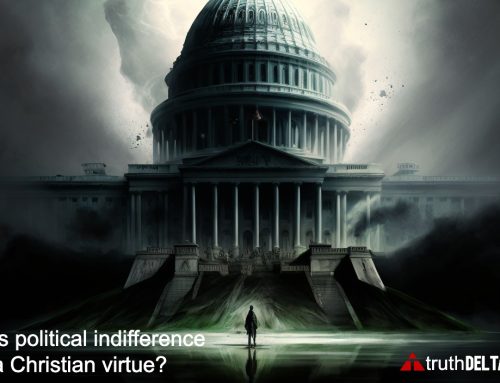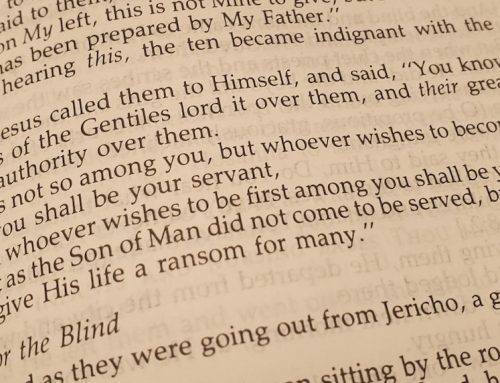This is a little poem I wrote awhile back based on the moral argument for God. I know there are readers of this blog who struggle to believe that God exists due to their experiences with the Stanton sect. I just want to encourage you to dig further. We should all be able to agree that evil exists. This poem makes the case that the existence of what we call evil is not evidence that there is no God, but evidence that there is a God without whom we would not have any frame of reference to decide what is evil and what isn’t.I hope this poem makes the case persuasively. In any case, I can assure you that God is alive and well, and he’s waiting for a relationship with his children.
Does Evil Exist?
Does evil exist?
Well, does it, or not?
I demand an answer
And if so, hold that thought
Because if wrong does not truly
Exist in bright colors
What, then is justice
But a meaningless construct
And if wrong does exist
We must face this reality
That calling something wrong means
There’s a right way things ought to be
If the rape of a child
In all histories and cultures
Can be called pure evil
Even by society’s worst prisoners
If the murder of innocents
Is forever and always
An evil in society
That can’t be tolerated
If imprisonment of a woman
Like chattel for sale
Being held as a sex slave
In her own private hell
Or murdering Jews
Like Hitler’s evil plan
Or starving millions unjustly
In Stalin’s Ukraine
Or killing the masses
For political expedience
Culling babies in China
Or locking up dissidents
If beheading of heretics
Is inherently wrong
Or even violating your privacy
Or invading your home
If these are universally bad
And there’s meaning in words
Then there’s universal good
That our souls are drawn toward
Something more than just philosophy
Because that lacks authority
And if good is defined by government
Then what about the minority?
Tyrants run roughshod
When rights come and go
At the whims of the powerful
Because what they say goes
No, evil is something
More than laws, or from cultures
Or philosophical sophistry
From ivory towers
To try to stop badness
Is really to defend
That there’s a god of pure goodness
Who wants us like him
We can discuss who that god is
And what is his substance
But the least we can do
Is acknowledge his existence
You can say that religion
Starts evil wars and such
And you might just be right
But you’ve just proved too much
Because if there is no god
Whose nature defines goodness
Who are you to call war bad
Or rape evil, or hate, darkness?
Who are you to sit in judgment
Of the religious who you think hate you?
If there is no moral standard
That makes hate wrong, and judging too?
If morality is nothing more
That just another social contract
Then it’s just he said/she said
And there’s no fixed moral compass
You see, your personal compass is as good as mine
And that may be fine, generally
Until the rapist asserts his own
Warped idea of morality
What makes his wrong
And yours universally right?
That’s a tough question
That keeps philosophers up at night
Because indeed, if there is no god
There’s no guilt to assuage
For the wrongs that man does
Because there is no such gauge
It’s like measuring empty
Without knowing what full is
Or trying to describe love
Without knowing who God is
Read more on the moral argument for God.






Excellent! The very last part really spoke to me. Thank you Kevin.
Good to hear. I've revised that last stanza a few times, but I'm still not completely happy with it—but then, I tend to be slightly obsessive about wordsmithing. 🙂
It used to be this:
It's like measuring empty
Without knowing what full is
Or trying to describe love
Without even a language
I'm curious which ending people think communicates the thought more accurately. In any case, I'm glad it spoke to you and you could hear my heart. I'm truly not a poet. lol
The published ending is better, particularly for this forum.
Please elaborate.
Well a couple of things: The mention of God to counteract evil (the topic) makes a good ending, but also finding Godly love is one reason people are on here. They've been let down and judged many times unrighteously, but we should be encouraged in God's love.